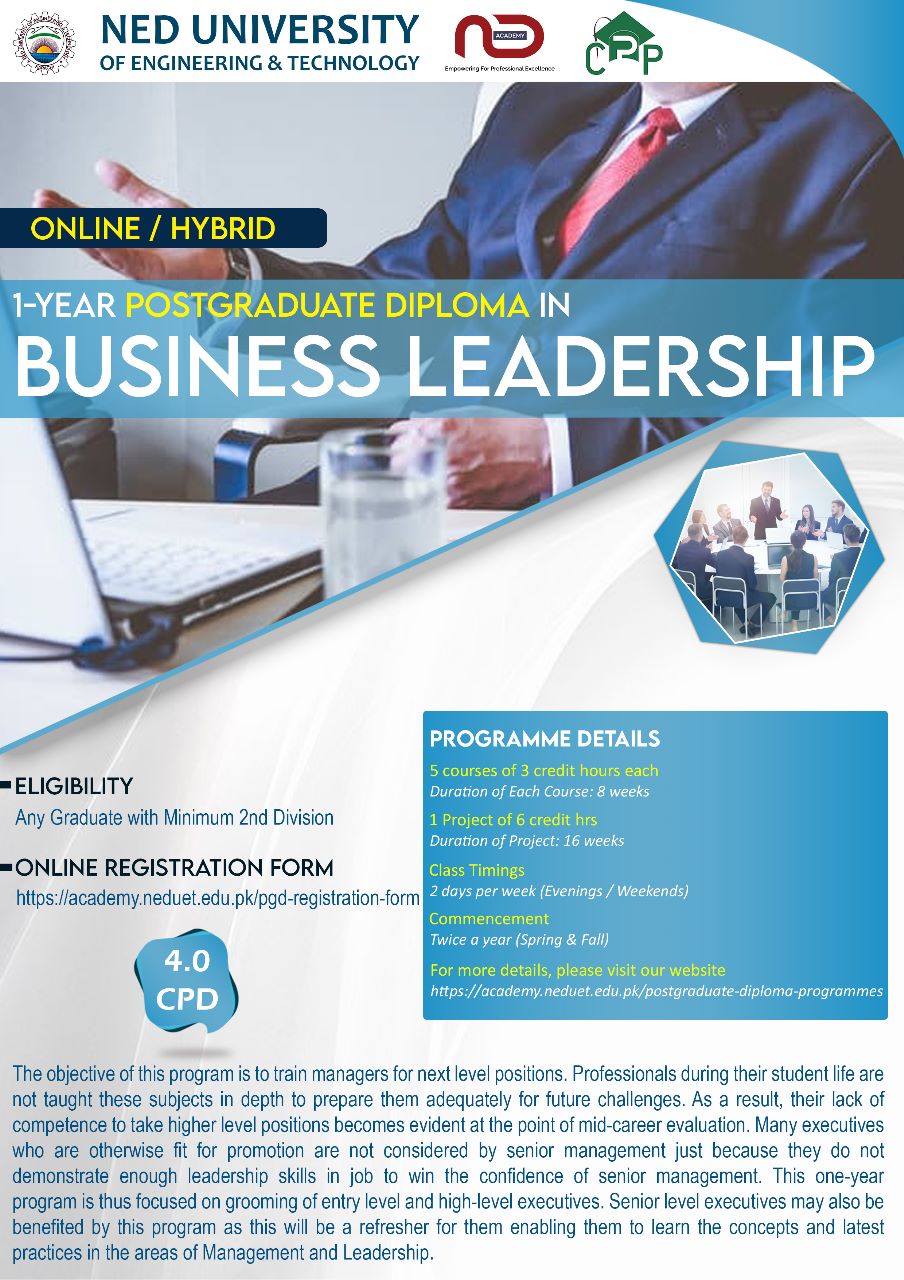ABOUT COURSE
Course 1. Business Communication
Basic Principles of Communication, Barriers to Communication, the Importance of Communication in the Workplace. Types and Channels of Communication, Types of Communication, Classification of Communication Channels, Types of Business Communication, Communication Network in Organizations. The Importance of Listening in the Workplace, Barriers to Listening, Strategies for Effective Listening, Guidelines for Written Business Communication, Oral Communication, Oral Business Presentations. Reading Skills for Effective Business Communication. Guidelines for Meetings: Introduction, Types of Meetings, Before the Meeting, During the Meeting, After the Meeting, and Common Mistakes made at Meetings. Internal Business Communication: Writing Memos, Circulars and Notices, Internal Business Communication – Electronic media, Intranet, Email. Organizational Communication. External Business Communication – Writing Business Letters, Types of Business Letters, Formats for Business Letters. Internal and External Business Communication, Writing Business Reports, Types of Business Reports, Formats for Business Reports, Steps in Report Preparation. Employment Communication – Resumes and Cover Letters.
Course 2. Leadership in Commercial Organizations
The nature of leadership, Different definitions of leadership, Different approaches to leadership, Leadership behavior, Situation leadership, Adaptive leadership, Decision making models for leadership with different leadership styles, Employee empowerment, Leading change an innovation, Managing technology disruption, Types of power, Influence tactics, Traits and skills of leaders, Leadership types, Team leadership, strategic leadership, Cross cultural leadership.
Course 3. Strategic Planning and Decision Making
Critical issues in shaping the competitive strategy for engineering-driven companies in a turbulent business environment; Corporate mission; Key Result Areas and situational analysis including strengths, weaknesses, opportunities and threats; Identifying planning assumptions, critical issues, setting objectives, formulating strategy. Managing technology as a strategic resource of the firm; Understanding of the process, roles and rewards of technological innovation; Integrating the strategic relationship of technology with strategic planning, marketing, finance, engineering and manufacturing; Government, societal and international issues; Issues pertaining to cultural diversity and ethical concerns. Decision making techniques in management.
Course 4. Business & Taxation Laws
Contract Act; Sales of Good Act; Factory Act; Anti-Corruption/ NAB/ Anti-Terrorism Laws; Arbitration Act; Consumer Protection Laws; Corporate Laws; Cyber Crimes; Income Tax Laws; Labor Laws; Sales Tax and Federal Excise Laws; Trade Marks, Copyrights, Intellectual Property Laws; Monopolies and Restrictive Trade Practices (Control and Prevention) Ordinance (MRTPO); Environmental Laws.
Course 5. Corporate Governance
The driving forces of CSR, corporate stakeholder responsibility, corporate rights and responsibilities, stakeholder perspective, behavioral perspective, strategic perspective, sustainability perspective, implementing strategic CSR in the organization. Responsibilities and legal bindings on Chairman, BoD, CEO and Corporate secretary in accordance with the laws of Pakistan. International regulatory environment for corporate governance.


